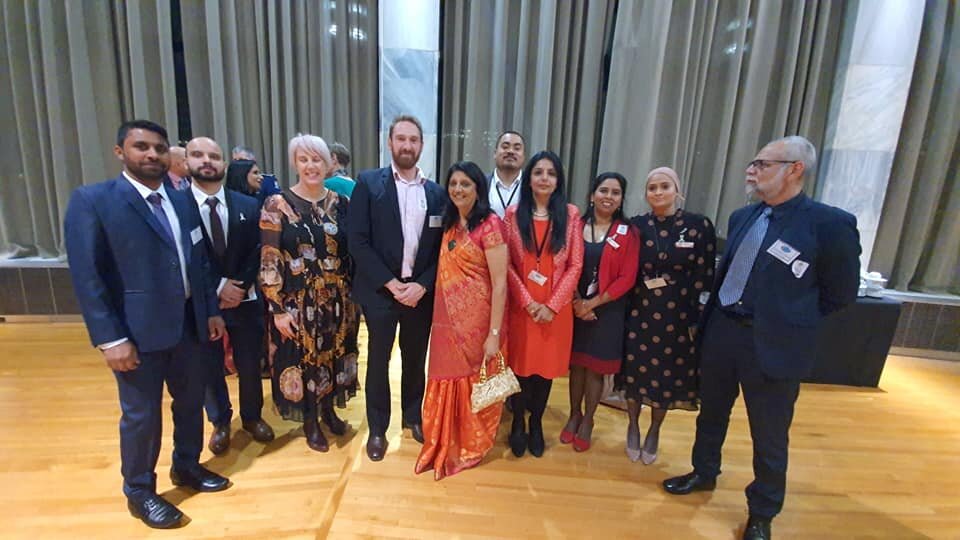A major five-year study by Massey University, which was presented at the Parliament this week, has revealed that Gandhi Nivas’ interventionist model, where it works directly with perpetrators of family violence, was able to prevent almost 60 percent of the men who have taken part in the programme from reoffending.
Titled, “Gandhi Nivas 2014-2019: A Statistical Description Of Client Demographics And Involvement In Police Recorded Family Violence Occurrences”, the report was prepared by Massey’s research team, led by Professor Mandy Morgan and Dr Leigh Coombes.
They assessed the efficacy of the Gandhi Nivas programme for men who use violence who are referred to the service with a Police Safety Order (PSO), focussing on the Ōtāhuhu home for a five-year period between January 1, 2015 and December 31, 2019.
“The team’s evaluation provides insights and data on the success of the Gandhi Nivas programme, and offers hope that properly resourced early intervention can contribute to addressing our very real problem of violence in our homes,” Morgan said.
About the programme
The programme, which is partially funded by ACC, provides emergency housing and counselling to men who have been issued with a PSO following an act of family harm. Once a man is issued with a PSO, he must leave the family home for a set period of time. It’s at this point that some men are taken by Police to one of three Gandhi Nivas homes in Ōtāhuhu, Te Atatū and Papakura. This immediately decreases the likelihood of further family harm, increases safety for the family, and provides the offender with an opportunity to begin the process of behavioural change.
Meanwhile, Police Deputy Commissioner, Wallace Haumaha commented, “This research demonstrates that by providing immediate support alongside early intervention for the perpetrator, victim and whānau, we can address the complexity of family harm.”
ACC’s Chief Customer Officer, Emma Powell added, “We’re proud to have been a seed funder of Gandhi Nivas and the work it is doing to reduce harm and keep families safe. Our investment over the past four years has funded access to counselling 24 hours a day, seven days a week. We are pleased to see the Massey report confirming the programme’s effectiveness in changing the behaviour of men who commit acts of family violence,” she said.
The last word belonged to Ranjna Patel, the founder of Gandhi Nivas, who noted, “If you want to see transformational change in this country you have to work with the men who are inflicting violent behaviour in the family home. It’s important to support the victims of domestic violence, but that won’t change a man’s behaviour. To end violent behavior, you’ve got to find and address its source.”
Key findings
Massey’s research team found that 57.5% of previous offenders did NOT reoffend after engaging with the Gandhi Nivas service.
Men aged in their twenties and thirties are the predominant age group in residence at Gandhi Nivas. Ages range from youthful to elderly – the oldest client is 84 years old and the youngest is 15. The majority of clients are between 20 and 40 (55.98%), with almost 30% in the 20-29 age group.
Lack of employment is a significant issue facing Gandhi Nivas clients. In total, just under half of intake cases (49.72%) show that the client was not in employment at the time they resided at Gandhi Nivas with 47.75% specifically recorded as unemployed.
Relationships with intimate partners and family members accounted for 95% of family harm incidents. 32% were the intimate partner of the victim, 30% were the parent, 20% were the child of the victim, and 7% were siblings. For those involved in intimate partner violence, 69% were cohabiting.
-TIN Bureau



